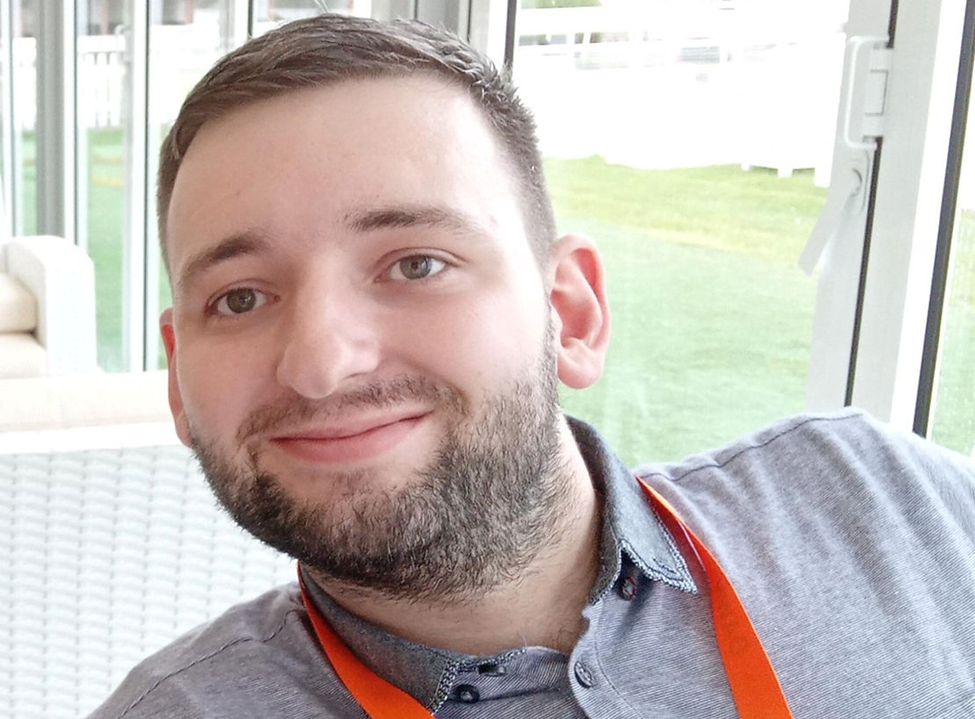Canada to Unveil Autism "Passport”
Luke Jackson (pictured above) has been working with Disability Advice and Welfare Network (DAWN) and Suffolk Law Centre on the Autism Education Leavers Passport.
On October 14th, lawmakers in Canada approved an
educational passport, thanks to a University of Winchester graduate. The
passport is geared toward helping young neurodivergent people transition
from education to work.
The 25-year-old, who graduated with a degree in Computer
Aided Design in 2023, contributed to the content and design of the 35-page
booklet. Luke drew from his experiences as a job seeker and the skills he
learned at university. “I enjoyed what I learned at Winchester and the
one-to-one tutoring I received,” said Luke, a volunteer with DAWN, where he is
a website administrator.
The booklet comes in response to the findings from the
Office of National Statistics, which showed that almost 80% of autistic adults
are not working and that they are the least likely disabled group to be in any
employment. This is despite many people with autism, like Luke, being highly
qualified. When asked, Luke pointed out that autistic people often
have the skills required when applying for a job but have difficulty presenting
themselves at interviews, and employers make few allowances. Luke also
said that he hopes this booklet will give people the knowledge and
comfort they need when searching for jobs.
The new guide, funded by the Baring Foundation, contains
advice on transitioning from school to higher education, claiming benefits,
applying for work, and preparing for job interviews.
There’s also a two-page ‘Know Your Rights’ section written
by Suffolk Law Centre to give neurodiverse young people information about their
rights as disabled persons in the workplace and to request reasonable
adjustments for disability where appropriate.
This is a great accomplishment for all Canadian citizens
with disabilities. However, I wonder why the United States doesn’t do something
similar. The United States claims to be the greatest country in the world, and
don’t get me wrong, I am proud to be American, but when it comes to disability
and social issues, it seems to lag behind other countries such as Canada and
Japan, to name a few. We have only been around for eleven years here at The
Voiceless Minority, but I wonder when the United States will get with the
program. Having the ADA and other supplemental laws is great, but Americans
want to pat themselves on the back rather than make real change, in my opinion.
If we are ever going to see significant change for the
disabled population in this country, we need to change the way we view them in
general. They are not burdens; they are people with much to contribute
to America and the world. Wake up, guys!
Until next time,
Your rather frustrated, friendly neighborhood, super
advocate,
Jay

Comments
Post a Comment